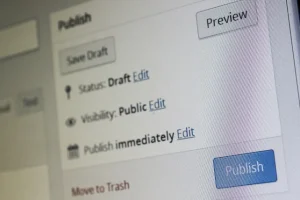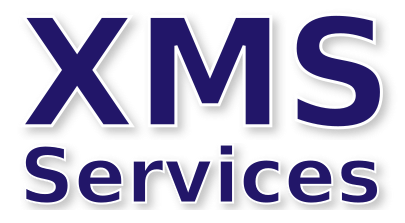Platform Choice
In this post I discuss operating systems, platforms, proprietary software, custom built websites and updates to maintain the ranking you want in search engines.

In this post I discuss operating systems, proprietary software, custom built websites and regular updates to maintain the ranking you want in search engines.
Your web server is going to be running on one of two operating systems: either Linux or Windows. If you are using a hosting company then the operating system is never exposed to you so it becomes irrelevant. The operating system is determined by the choice of platform – that is the tool on which your website is built. Since you will own and pay for the website it’s important you understand the options available to you.
The most popular platform of choice is WordPress and it accounts for some 40% of all websites on the internet. There are many reasons why people use WordPress and this primarily stems from the fact it is an open platform and functionality can be extended by the use of plugins. There are thousands of free plugins available and this makes the WordPress one of the most feature rich platforms available. I will cover WordPress in more detail in a future post but suffice to say at this point in runs on Linux.
Alternatives
Alternatives to WordPress include: Drupal, Jooomla, Wix and Weebly. I am not going to delve into each of these platforms as I am not familiar with them and there are plenty of reviews available on the internet. The key thing you want from a platform is that it is extensible and customisable and also portable.
Proprietary Options
There are a number of hosting companies, GoDaddy and SquareSpace for example, who developed their own proprietary platform. With this offering you are just picking a template (think of it as a layout) and you paste in text and images. You have almost no ability to customise it. This may be enough for you but please bear this in mind: it is not portable. The website will only run on this hosting company. You are married to them. If you want to change to a different host then the entire website will need to be rebuilt on a different platform. Now in some cases this might fit your business plan – you are essentially kicking all the website design work further into the future. But I think it is better to bite the bullet and get started on a decent platform and add more features when needed.
Custom Built
The other approach is to have a custom built website where every page is hard coded from scratch. It means that although each page can be pixel perfect every small change (even a spelling mistake) requires you to go back to the developer to have that change applied. This provides the developer a source on income through a maintenance plan but is not well suited to a small business where change is going to be rapid. As the platforms have improved I see more web designers choosing to use a platform in favour of the custom built approach.
Update Often
I have met so many people who think that once a website is built then it is finished. But if you want to have good rankings in search results you need to update it regularly (at least monthly) either with news, offers or blog posts. Also consider changing the look and feel every few years even if that just means using some new images. This means you should learn how to update your website yourself and that is why the platform choice is so important.
Conclusion
So when you talk to your web developer you need to be asking them about maintenance of the site after it goes live. Forget about the operating system because you won’t ever get near to it. You need to know that backups of the site are being done and the software is kept up to date. Make the content and images your responsibility to manage.
